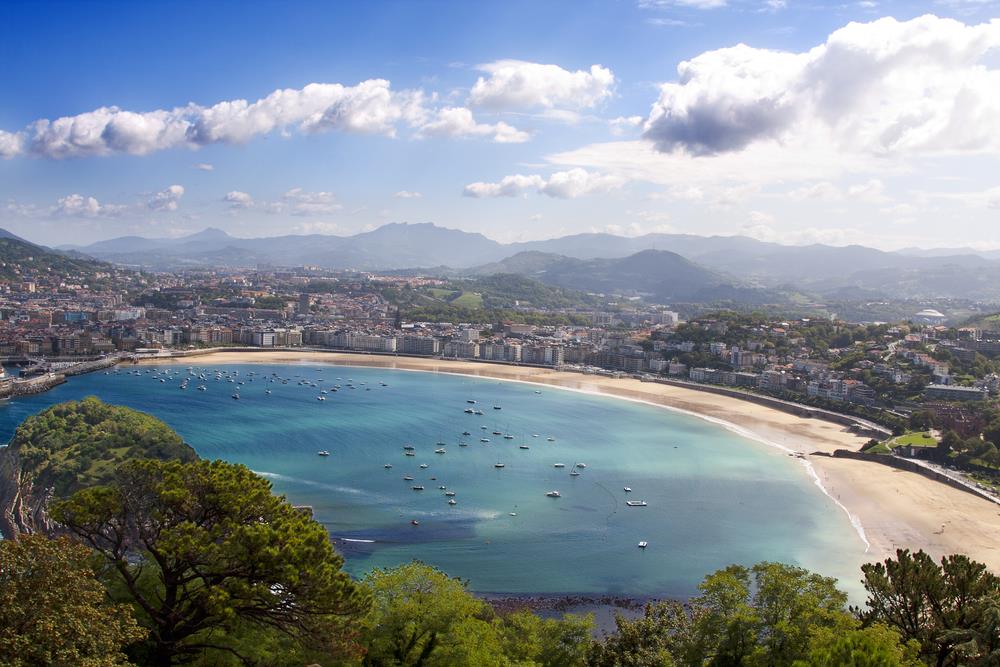As more people travel around the world many destinations have begun to implement “tourist taxes” to help improve local infrastructure and fund local projects. Many of these taxes have been used to improve tourism related services in cities such as public transport, local attraction maintenance, accessibility, etc.
In Spain so far, there are just two areas which charge a tourist fee: The Balearic Islands and Catalonia. The archipelago uses the tax to improve the sustainability of the islands and Catalonia focus on the tourism industry. All tourism accommodations must collect the tax and then declare it to the authorities, as we previously explained.
A new tax in San Sebastian?
San Sebastian local government have made a proposal to the regional government for implementing a tourist tax in the city. This news is released while the city is currently experiencing record breaking numbers of tourists.
Data from the past year shows an increasing trend of visitors over the year. The region of Gipuzkoa registered 2,179,877 overnight stays in 2016.
If the government implements a tourist tax of €1 as they proposed, it would generate over €2 million for sustainable tourism development.
Seville too?
Seville is one of the most visited cities in southern Spain. With almost 5 million overnight stays in the city during 2016, the Sevilla Congress and Convention Bureau already started conversations with the authorities about applying a touristic tax in the city.
The representatives of the tourism industry in the city want a tax model similar to Catalonia and the Balearic Islands. The Bureau is currently working on a plan to submit to the authorities in order to discuss this matter further.
The plan, as announced in the media, covers both the pros and cons of the applying a tourism tax to visitors to the city. It also includes examples of protocols that could be included in a regional law.
As they argued, there are several countries that have already implemented this type of tax, such as Italy, France and USA.

Pros & Cons of the tourism tax
All taxes provide an enormous financial strength to the region or country that collect them. A tax payable by tourists could be used to enhance tourism services and, potentially, improve the experience of people visiting the city. As long as the money finally ends in the right place.
Ibiza, for instance, has raised money through the eco-tax in the Balearics, money that the government has used to finance the connection of a desalination plant to the grid. From a total cost of 2,629,055.72€, almost 2 million Euros came from the eco-tax collection fund.
Barcelona’s government has used 5 million euros from the tourist tax to enhance the city transport infrastructure by making new public transport connections that help to improve traffic congestion. They also help to reduce the volume of visitors concentrated in the city centre by promoting near neighbourhoods.
Catalonia has also promoted rural and wine-tourism campaigns enhancing the visibility of Val d'Arán brand.
For homeowners and agents, is also very important to remind their future guests that they must comply with the law and charge the fee by the time they check-in.
